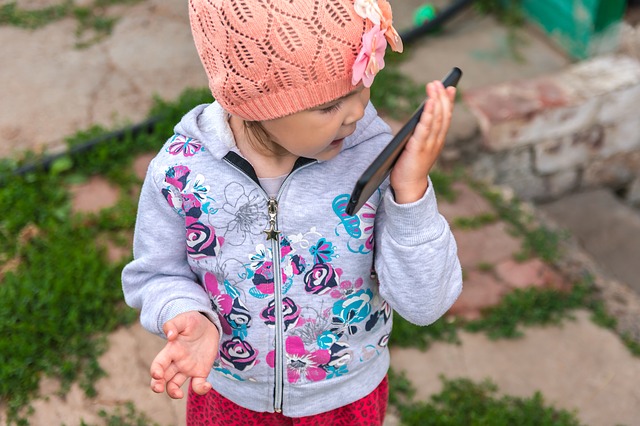Humans are very social. We use social skills every day when communicating with one another. Building children’s social skills is often discussed, but what are “social skills” really?
If your child has been in speech therapy, the terms “social communication” or “pragmatics” have probably come up. These terms refer to the way a child uses language for a variety of purposes (making requests, greeting, giving information/ sharing) while following basic rules for conversation including:
-taking turns in conversation
-introducing topics of conversation
-staying on topic and maintaining a circle of communication
-recognizing and repairing miscommunications
-rephrasing when misunderstood
-use and understanding of nonverbal signals
-personal proximity and orientation of body when speaking to others
-using facial expressions and eye contact/ eye gaze
Weaknesses in social skills create barriers to building relationships with others and communication development. Here are a few things you can do to help develop your child’s social skills:
-Encourage conversation and imaginative play. Play make-believe with your child. Build on the conversation by adding details that create more interesting story lines.
-Use puppets to develop question-asking skills. Encourage your child to have puppets ask each other questions like who?, what?, where? and why?.
-While we all try to limit screen time for our children, if you do find yourself with the TV on, ask your child what is happening during the show. Have them name characters and tell something about them. Describe their clothes. Talk about what they like to do.
-Encourage your child to talk on the phone to a relative or friend. This helps develop his ability to listen and answer questions.
-Make specific facial expressions and ask your child to tell you the feeling shown on your face. Talk about what makes you happy, sad, angry, excited, or afraid.
-Point out how we talk differently in different places. Talk about using inside voices at home, in the library, or in the preschool classroom and outside voices in the park or yard.
-Role play greetings you use with different people. Show the difference between talking to an authority figure (using Mr. or Ms.) and talking to a playmate (using his first name).
-Talk about how important it is to take turns and share. Talk about things that you share with your family and friends.
-Play board games with your child. Play a few times where they get to win and you get to win. Winning is fun, but it is okay to lose.
For more information on activities to do with your child or questions regarding social pragmatic language skills, please contact your treating therapist.
Get a Free Online Assessment
Looking for an expert opinion on your child's needs? Fill out a 3 minute questionnaire and receive a personal evaluation from our staff




